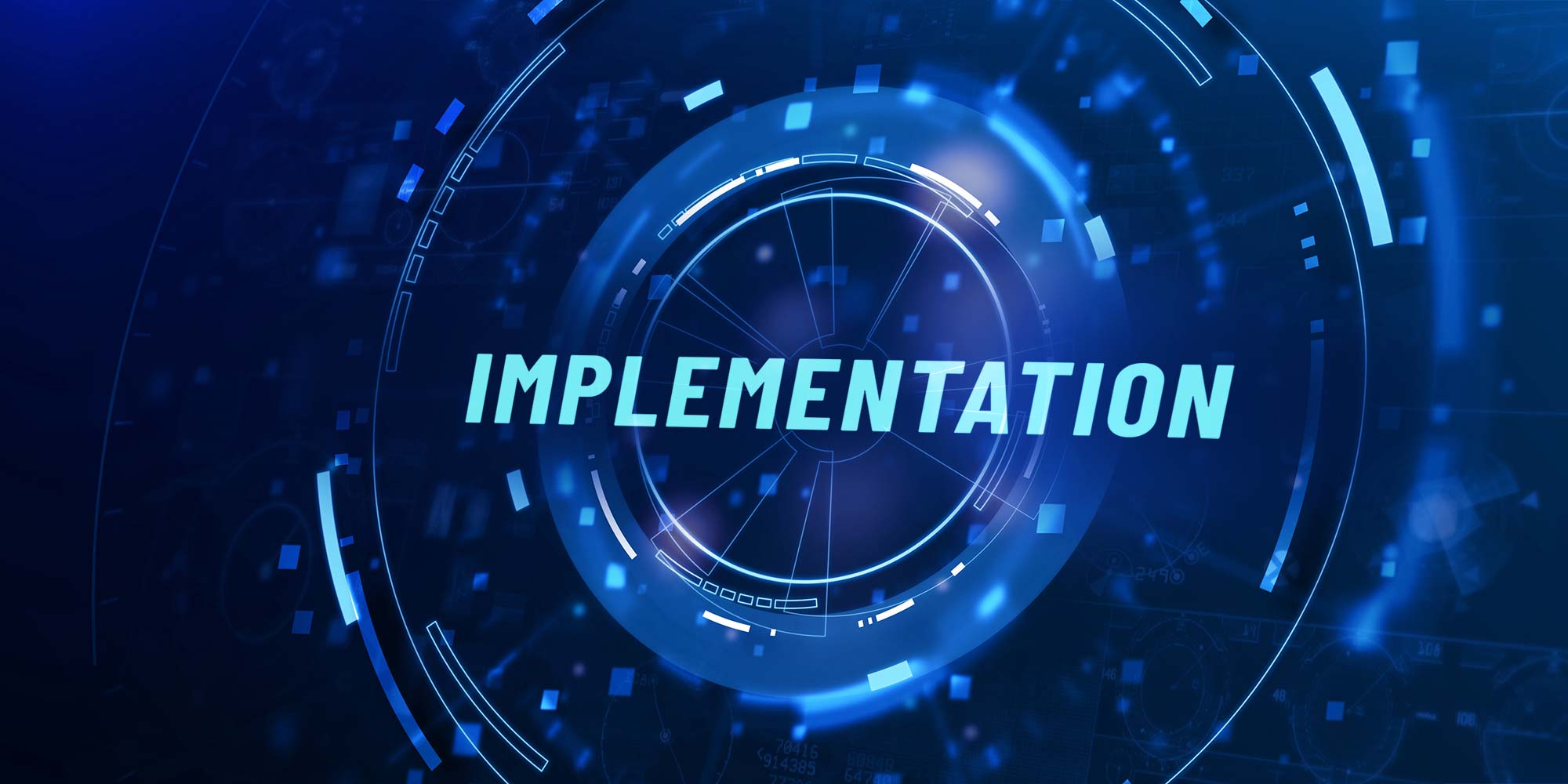The biggest test for any salesperson is how effectively he converts a lead into a prospect and a prospect into a customer. Most sales folks in a hurry to touch their quota overlook certain critical aspects that make their job effective.
In this article, we will explore four strategies that will help you irrespective of the industry you are in;
I – Understand your customers
Dan Kennedy, a Direct Marketing Guru says, “The goal is understanding. To persuade someone, to motivate someone, to sell someone, you really need to understand that person.”
There is a difference between knowing and understanding.
Most marketing, sales and customer success people know their prospects from the demographic standpoint – their age, job profile, education, salary and so on.
But to market and sell effectively, one needs to understand the customers at the psychological level.
What are their core motivators? – their dreams, hopes, fears and pains.
Uncovering these motivators will help not only help a salesperson to emphasize with the customers but will also enable him to customize his product presentation based on their clients’ pains and desires.
II – Believe in what you sell
Selling is essentially a transference of emotions.
In his book, The Secrets of closing a sale, Zig Ziglar explains, “To transfer a feeling, you’ve got to have that feeling. When you’re trying to persuade somebody to do something you have not done yourself, that fact comes across to the prospect. All salesmen can occasionally trick a person into buying something they don’t really believe in, but if you’re going to build an outstanding career, you’ve got to be committed to the product yourself.”
Most sales and marketing folks are not part of their target market – we barely consume what we sell. This creates a gap between them and the customers at an emotional level.
To bridge this gap, we need to eat our own food and become a customer of our products.
III – Understand why people don’t buy
There are usually four fundamental reasons why people don’t buy from you;
1. They don’t have a need
Someone said, ‘Good salespeople sell a refrigerator to an Eskimo. Nothing could be farther from the truth. If a prospect does not have a need, there is no point in forcing the product on him. Highly matured salespeople usually walk away from these customers They know the consequence of forcing something people don’t need – a terrible post-purchase experience and loss of trust.
2. They don’t have money
Sometimes buyers have a genuine interest in the product but cannot pay upfront. Sales folks can make a list of all those prospects and present them to their managers during the review meeting.
If the prospect is credit-worthy, you may consider giving them deferred payment options or easy monthly installments.
But if they cannot afford to buy the product at your price point, there is no point in chasing them.
3. They are in no hurry to buy now
Some people listen to the product presentations and don’t show any interest after it. Usually, their urgency level is very low.
In this case, you can use the scarcity principle. What is the scarcity principle?
Robert B. Cialdini, the author of the famous book, Influence: The Psychology of Persuasion, describes it this way:
The scarcity principle states that you value something more if it is scarce. “Options seem more valuable to us when their availability is limited.”
How do you create scarcity?
- Limit the supply of your product to only a selected few.
- Price offers only for a certain period.
- Highlighting the current user behaviour. Tools like ProveSource, Boast, Proof and Provely can be integrated into your website to showcase customer signups and demos to new visitors.
- Low stock notifications.
4. They do not trust you
Prospects don’t explicitly tell the salespeople that they don’t trust them. But it is always safe to assume that the level of trust will be low in any sales environment.
Testimonials of your existing customers and reviews they write on third-party websites can solve this problem.
A free trial is also a good way to allow people to experience the product without getting committed to it.
IV – Have proper systems and process
Highly effective salespeople don’t just focus on the deals at hand but also give importance to pipeline building. They are naturally inclined to use SaaS CRM tools to track the various stage of their prospects in the sales pipeline and move them to the next stage of the funnel. Most of UPilot’s customers buy the Sales CRM for this purpose – to bring effectiveness and efficiency to their sales process and predict cash flows.
— Rajesh Srinivasan (Chief Marketing Officer, UPilot)




